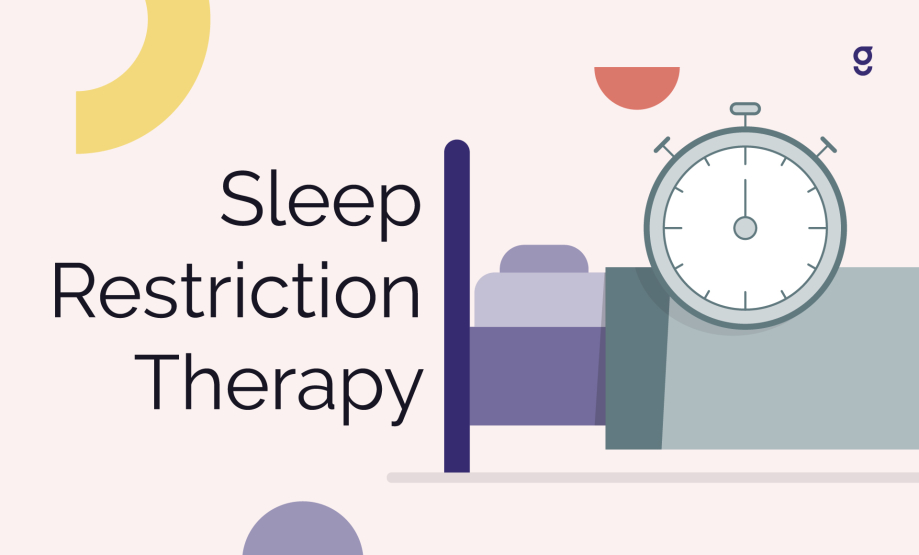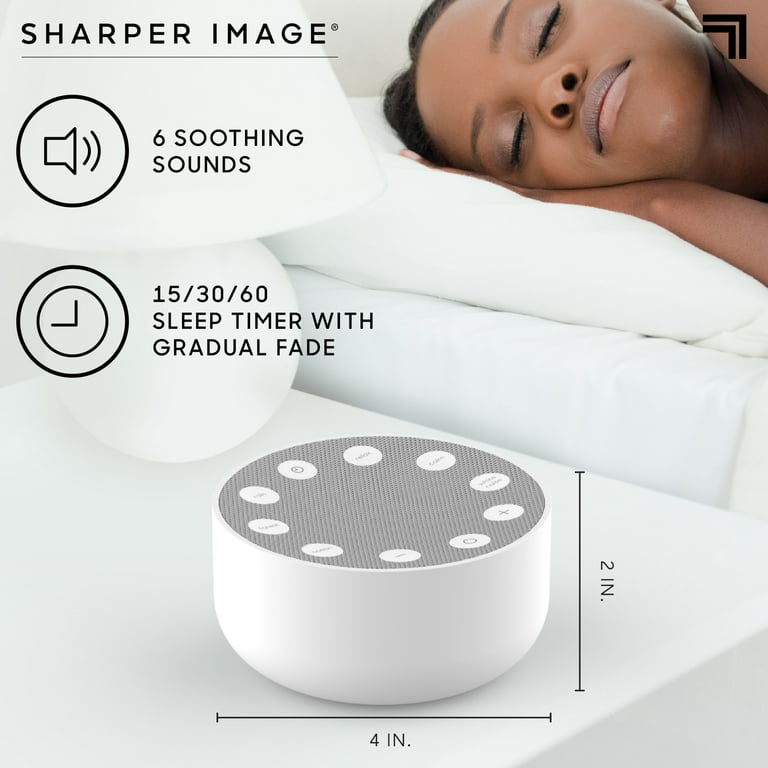Professional Insomnia Counseling - Get Specialist Guidance
Wiki Article
Effective Therapy Solutions for Managing Sleep Disorders and Enhancing Relaxing Rest
In the world of health care, the administration of rest problems and the mission for peaceful sleep are critical components of overall wellness. Reliable therapy services use a diverse approach to take on these difficulties, varying from cognitive behavioral interventions to holistic methods that promote relaxation and mindfulness. The exploration of different methods, including the integration of drug and light therapy, opens a realm of opportunities in the search of far better sleep top quality. As we navigate the detailed landscape of sleep problems and seek to enhance our sleep experience, a much deeper understanding of these therapy options may hold the trick to unlocking an extra rejuvenating and meeting restorative journey.Cognitive Behavioral Therapy for Sleeplessness (CBT-I)
Cognitive Behavior Modification for Sleeplessness (CBT-I) is an organized, evidence-based treatment approach that concentrates on resolving the hidden factors contributing to sleep disruptions. This kind of treatment intends to change actions and ideas that aggravate sleep problems, ultimately promoting healthy rest patterns. CBT-I typically includes a number of key components, consisting of cognitive treatment, rest restriction, stimulation control, and rest health education.Cognitive treatment aids individuals identify and transform unfavorable thought patterns and ideas concerning rest that might be impeding their capability to fall or remain asleep. Rest restriction includes restricting the amount of time spent in bed to match the individual's actual rest duration, consequently boosting rest performance (insomnia counseling). Stimulus control methods help establish a strong association between the bed and sleep by motivating individuals to head to bed only when drowsy and to prevent taking part in boosting activities in bed
Furthermore, rest health education and learning concentrates on creating healthy rest behaviors, such as keeping a regular rest timetable, creating a relaxing bedtime regimen, and optimizing the rest environment. By dealing with these factors adequately, CBT-I provides a reliable non-pharmacological treatment for managing sleeplessness and enhancing general sleep top quality.
Rest Hygiene Practices
Having actually established the foundation of cognitive restructuring and behavioral alterations in addressing sleeplessness via Cognitive Behavioral Therapy for Sleeplessness (CBT-I), the focus now moves in the direction of exploring necessary Sleep Hygiene Practices for preserving optimum sleep high quality and general health.Sleep health techniques include an array of practices and ecological aspects that can substantially influence one's capacity to drop off to sleep and stay asleep throughout the evening. Consistent rest and wake times, creating a relaxing bedtime routine, and maximizing the rest atmosphere by keeping it dark, quiet, and cool are critical components of good rest health. Restricting direct exposure to displays prior to bedtime, preventing stimulants like caffeine near going to bed, and participating in normal exercise throughout the day can likewise promote better rest high quality.
Moreover, practicing leisure methods such as deep breathing workouts or reflection prior to bed can help calm the mind and prepare the body for sleep. By integrating these sleep hygiene methods right into one's daily routine, individuals can develop a healthy and balanced rest pattern that supports relaxing sleep and overall health.
Leisure Techniques and Mindfulness
Executing relaxation dementia night terrors techniques and mindfulness practices can play a critical role in promoting a feeling of calmness and advertising top quality rest. insomnia solutions. These strategies aim to silent the mind, lower stress and anxiety, and develop an ideal environment for restful sleep. One extensively practiced approach is deep breathing exercises, where individuals focus on sluggish, deep breaths to kick back the mind and body. Dynamic muscular tissue relaxation involves tensing and after that launching each muscle mass team, promoting physical leisure. In addition, assisted imagery can aid move people to a relaxed area in their minds, helping in anxiety reduction and boosting sleep high quality.By including these practices right into a going to bed regimen, people can signal to their bodies that it is time to prepare and loosen up for sleep. Generally, incorporating leisure strategies and mindfulness methods can significantly contribute to handling sleep disorders and boosting total rest quality.

Medication Options for Rest Disorders
After discovering relaxation techniques and mindfulness methods additional hints as non-pharmacological treatments for enhancing sleep quality, it is vital to consider medicine choices for individuals with sleep disorders. In situations where way of living adjustments and treatment do not offer enough relief, medicine can be an important tool in handling rest disruptions.
Frequently suggested medicines for sleep problems include benzodiazepines, non-benzodiazepine hypnotics, antidepressants, and melatonin receptor agonists. Benzodiazepines, such as diazepam, are sedatives that can assist induce rest, yet they are commonly suggested for temporary use because of the risk of dependancy. Non-benzodiazepine hypnotics like zolpidem are likewise used to deal with sleep problems and have a lower risk of dependence compared to benzodiazepines. Antidepressants, such as trazodone, can be helpful for individuals with co-occurring depression and sleep disturbances. Melatonin receptor agonists, like ramelteon, target the body's all-natural sleep-wake cycle and can be helpful for managing sleep patterns.
It is essential for people to seek advice from with a doctor to figure out one of the most suitable medication alternative based upon their specific sleep problem and medical history.
Light Treatment for Circadian Rhythm Policy
Light therapy, also known as photo-therapy, is a non-invasive treatment approach made use of to regulate body clocks and enhance sleep-wake cycles. This therapy entails direct exposure to brilliant light that simulates natural sunlight, which helps to reset the body's body clock. By subjecting people to certain wavelengths of light, normally in the morning or evening depending on the wanted result, light treatment can properly readjust the body clock to advertise wakefulness throughout the day and boost peaceful rest at evening.Research study has shown that light therapy can be specifically beneficial for people with body clock problems, such as delayed sleep stage disorder or jet lag. It can also be helpful for those experiencing seasonal depression (SAD), a kind of anxiety that usually occurs throughout the cold weather when natural light direct exposure is lowered. Light treatment is generally well-tolerated and can be used combined with other therapy approaches for rest disorders to optimize results and boost overall sleep high quality.
Conclusion
To conclude, reliable treatment options for handling sleep conditions and improving peaceful sleep include Cognitive Behavior modification for Sleep Problems (CBT-I), sleep health practices, leisure strategies browse around these guys and mindfulness, medicine choices, and light therapy for circadian rhythm guideline. These approaches can help people boost their sleep quality and general health. It is very important to speak with a doctor to figure out one of the most suitable strategy for attending to rest issues.
As we navigate the detailed landscape of rest disorders and look for to boost our sleep experience, a deeper understanding of these treatment services may hold the trick to opening a much more rejuvenating and meeting corrective journey.
Rest limitation involves restricting the quantity of time spent in bed to match the person's real rest period, thus increasing rest effectiveness. Constant sleep and wake times, developing a relaxing bedtime routine, and enhancing the sleep atmosphere by maintaining it dark, quiet, and cool are crucial elements of great rest hygiene. Light treatment is typically well-tolerated and can be made use of in conjunction with various other treatment approaches for sleep disorders to optimize outcomes and enhance general rest quality.

Report this wiki page